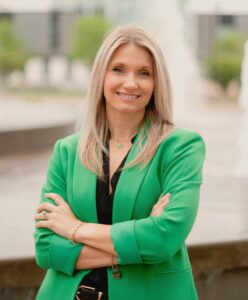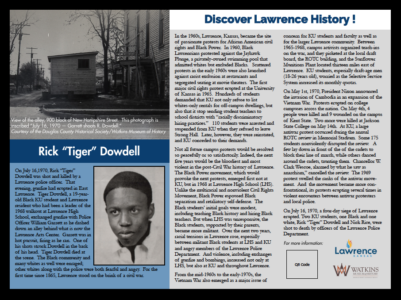KU, students answer lawsuit by business school teacher formerly employed by Koch
The court process is moving forward in the case of a Kansas University lecturer with Koch ties who sued to block KU from publicly releasing his emails.
The next hearing in the case of Art Hall v. KU is set for Friday.
KU, as the defendant, and the student group requesting the emails, as an intervenor, have responded to Hall’s lawsuit. In court documents filed over the past month, both argue that since Hall is employed by KU his correspondence is subject to the Kansas Open Records Act.
Hall contends that his correspondence is related to matters that are privately rather than publicly funded — noting his position is “self-funded,” reliant on fundraising to maintain it — and also that releasing it violates his right to academic freedom, according to his lawsuit filed Dec. 4.
The court agreed to temporarily block KU from releasing the emails — which the university had planned to hand over the following day — making way for a court process to determine whether they are subject to the Open Records Act.
Hall is founding executive director of the Center for Applied Economics, a public policy think-tank within KU’s School of Business, and has authored numerous publications on its behalf. Previously he was chief economist for the Public Sector Group of Koch Industries Inc.
Students for a Sustainable Future president Schuyler Kraus, a KU senior, said her group is concerned that Charles and David Koch, conservative activist billionaires who own Wichita-based Koch Industries, are inappropriately influencing academia by “buying” their way into KU and other colleges.
Students for a Sustainable Future paid $1,800 last fall for KU to fulfill a records request seeking, among other things, information about the hiring of Hall and several other School of Business teachers. They received only part of the records before Hall’s lawsuit.
In a response to the lawsuit, filed by her attorney David Brown, Kraus says Hall’s actions “attempt to impose a straightjacket” on her right to remain free to inquire, study and evaluate the motives and goals of those providing her education.







